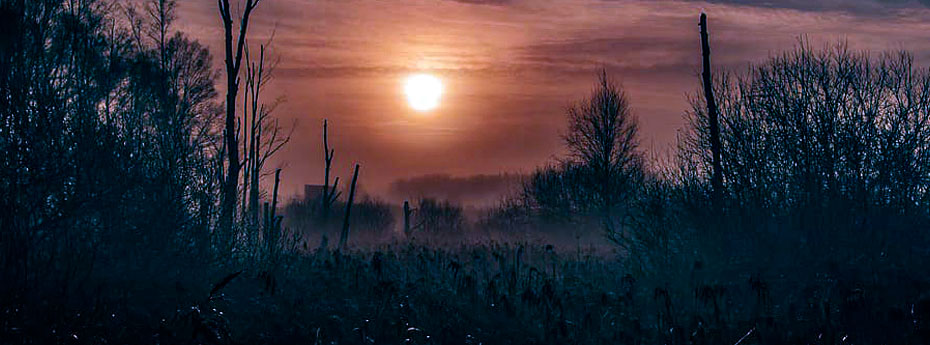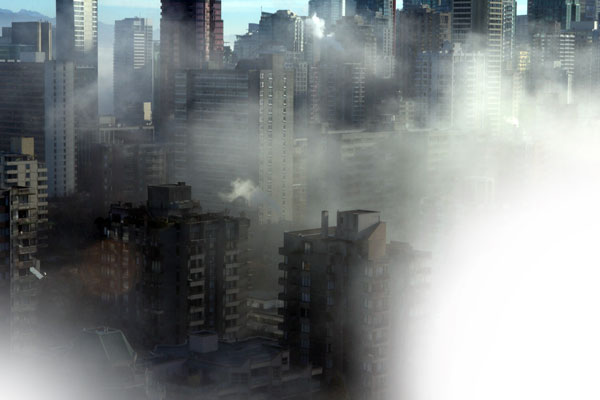
Today, the development of a dystopian genre in art, cinema, and literature is at the crest of its popularity, but its origins can be traced back to the 18th century. At that time, this form of creativity was rather a response to threatening ideals and political views, while in a more modern format, it reflects more fantastic ideas and beliefs. Dystopia in fiction denotes a view of the future, which, in contrast to utopia, denies the possibility of building a perfect society and predicts that any attempts to implement such a society will inevitably lead to catastrophic consequences.
The Connection Between Dystopia and Utopia
Utopian genre is a literary and artistic work containing a picture of an ideal society inhabited by absolutely happy people living in a perfect state. Dystopia grew out of the genre of utopia, and it mirrors it. In dystopia, we find most of the utopian motifs inverted and grotesquely distorted. If utopia presents the reader with an ideal society, guided by the norms of equality and justice, then dystopia shows a society in which normal means beneficial to the rulers of the state and not to an ordinary person.
The genre of utopia originated in the Renaissance, after Thomas More, an English humanist and politician, published a book in 1516. Its lengthy name, “A little, true book, not less beneficial than enjoyable, about how things should be in the new island Utopia,” inspired the naming and creation of the term as we know it today. Utopian motives can also be traced in the works of Voltaire, Rousseau, and Jonathan Swift.
The term “dystopia” was first used by the British philosopher John Stuart Mill in his parliamentary speech in 1868, but dystopia elements appeared in literature much earlier. The history of dystopia, not yet singled out as a separate genre, is rooted in antiquity. Some of the works of Aristotle and Marcus Aurelius had obvious dystopian features. Elements of dystopia are found in the books of Jonathan Swift, Jules Verne, Herbert George Wells, and Walter Besant.
How This Genre Was Formed in Literature and What Form It Has Acquired Today

Critics define dystopia as a society that has reached a social, moral, economic, political or technological deadlock because of a series of wrong decisions made by mankind. Brutal totalitarianism, dictatorship, epidemics, lack of freedom, and a desperate struggle for it are eternal topics covered by this genre. The plot is often built on the opposition of an individual or a small group of individuals to the ruling dictatorship, most often ending in the defeat of the main hero.
The rise of the dystopian genre was caused by the First World War, and the accompanying revolutionary transformations, when attempts to transfer utopian ideals into reality began in some countries.
In the second half of the 20th century, after overcoming many sorrows, mankind began to take the first steps towards discovering space, scientific and technological development, which brought new ideas to the genre of dystopia. The works’ actions were transferred to distant planets, and the ranks of the heroes of the works were replenished with robots, aliens, and various kinds of intergalactic mystical characters.
Dystopias are quite common in modern popular culture. In world literature, the most famous dystopias include Aldous Huxley’s Brave New World, George Orwell’s Animal Farm and 1984, and Ray Bradbury’s Fahrenheit 451. In the movies, the dystopian franchises “The Hunger Games” by Susan Collins, “Divergent” by Veronica Roth, movies “V for Vendetta,” “The Maze Runner,” “Divergent,” “Ready Player One,” the famous TV series “Black Mirror,” “The Handmaid’s Tale” have earned huge fame in the world and millions of dollars in profits.
While the classic dystopias (works by Huxley, J. Orwell) have managed not to lose their value and relevance to this day, after them the world saw many works, many of which were filmed. It is worth mentioning here the philosophical and psychological utopias, where the main focus is shifting from the system of government itself to the person and his problems as an individual (Ray Bradbury, William Golding “Lord of the Flies,” Anthony Burgess “A Clockwork Orange”). The psychology of the main characters and how they act gives these works new dimensions. The newest trend in the genre is dystopia for young people, including works by Veronica Roth, Suzanne Collins, Lauren Oliver. These books highlight the problems of adolescents in a particular society and therefore are popular among this age group.
Dystopia has not lost its appeal and is still one of the most exciting genres of our time. Readers and viewers are attracted because each work reflects modern reality and draws a person’s attention to essential things. Dystopias are treated as a warning to modern times, and therefore dystopias are so significant for our time.





